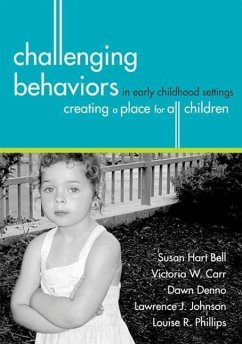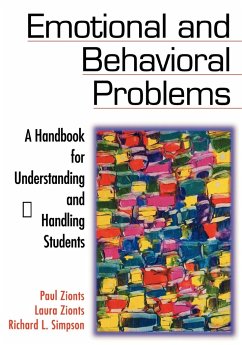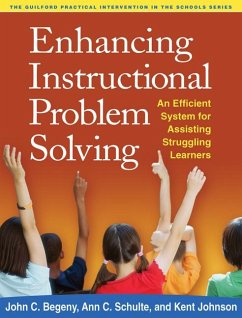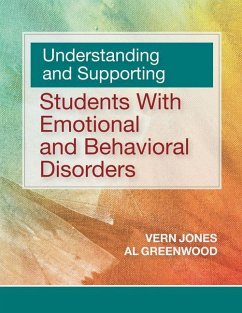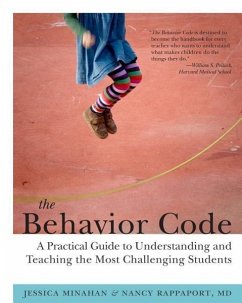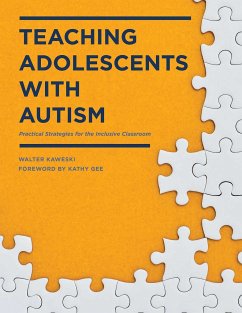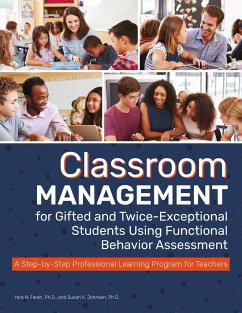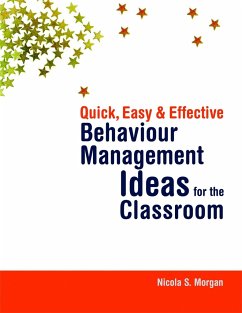Nicht lieferbar
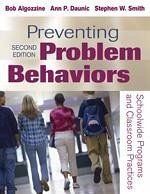
Preventing Problem Behaviors
Schoolwide Programs and Classroom Practices
Versandkostenfrei!
Nicht lieferbar
In today's increasingly diverse classrooms, problem behaviours can often interrupt instructional time and disrupt learning. Designed for 21st-century school leaders, administrators, behaviour specialists, and classroom teachers, this research-based guide offers specific strategies and plans for preventing problem behaviour at both the classroom and school level. Based on the premise that early response to problems can lead to better outcomes for students, the book's content is framed around four essential areas: foundations, intervention, collaboration, and evaluation. Within these areas, this...
In today's increasingly diverse classrooms, problem behaviours can often interrupt instructional time and disrupt learning. Designed for 21st-century school leaders, administrators, behaviour specialists, and classroom teachers, this research-based guide offers specific strategies and plans for preventing problem behaviour at both the classroom and school level. Based on the premise that early response to problems can lead to better outcomes for students, the book's content is framed around four essential areas: foundations, intervention, collaboration, and evaluation. Within these areas, this accessible guide features: - The latest information on the science and practice of prevention - Reasons why conflict resolution, peer mediation, and bully-proofing are essential to prevention - Effective practices for teaching social skills to young children - Proven techniques for implementing schoolwide positive behaviour support - Tools for using individual behaviour plans to prevent problems - Ideas for home-school and community partnerships and culturally responsible teaching - Critical strategies for monitoring student progress and evaluating prevention practices - New, updated chapters, including information on preschool behaviour support and RTI This valuable resource provides all the tools and strategies school leaders and teachers need to keep children focused on learning.





